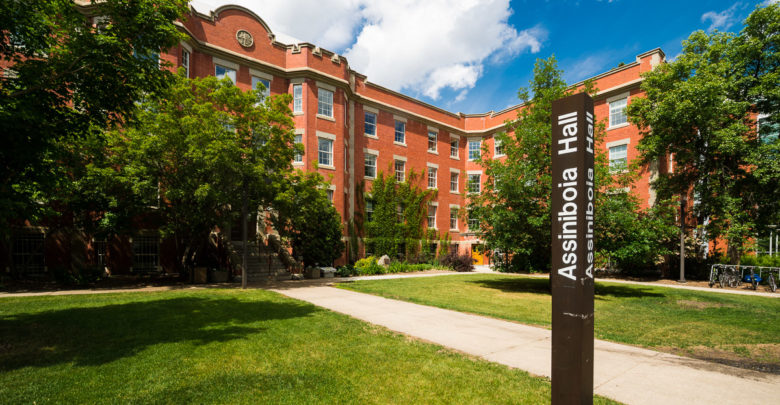 Richard Siemens
Richard SiemensOf all the classes I have taken in my four years at the University of Alberta, no other classes have the same energy and environment than those offered by the Women’s and Gender Studies (WGS) department.
They offer a unique selection of classes, an extremely inclusive environment, and just an overall fun experience leaving you with some new piece of knowledge after every class. WGS also offers a unique perspective existing only within the department — which is why it’s worth saving.
WGS has only been a fully fledged department for eight years, earning full department status in 2013. But the fight for WGS goes back even further — 37 years further. The pursuit for a full-fledged WGS department began in 1984, and in 1987 the Women’s Studies Program was launched. This existed as a program for 26 years before WGS became a department. After finally achieving department status after a long time without it, it would be a shame to take it away.
Sadly, the department is in danger. Academic restructuring has been the topic of the 2020-21 school year. With academic restructuring comes departmental restructuring, and this includes combining already existing departments into more generalized sub-sections that each department would be pushed into.
For Women’s and Gender Studies, there are three proposals. These include combinations with the likes of Political Science, Modern Language and Cultural Studies (MLCS), Media and Technology Studies, and Sociology and Criminology.
However, a lot of these combinations don’t really make sense. It seems like administration took vaguely related departments and are finding ways to mash them together. Sadly, WGS is the outlier in all of these scenarios.
Take, for example, the scenario where WGS is combined with MLCS and Media and Technology Studies. Combining these departments would ensure courses are nowhere near as in depth as they are now.
Class wouldn’t be the only aspect removed — it would be removing a safe space for many students and staff.
Women and non-binary students and academic staff are often underrepresented in the academy. WGS gives them a place to share their work, and be listened to in an environment that they know will take them seriously.
This is important, as women are frequently treated harsher in workplace environments than men, and this is not limited to academia. But, within academia specifically, people tend to be harsher with female professors than male ones. Recently, a report was done on the power gap in universities in Canada, and at the U of A, most women are on a lower salary.
WGS, as a department, teaches valuable information that challenges the perspectives that get placed on women and non-binary people in academia, and this is why it is a necessity it should stay as its own department.
WGS is a department I consider to have a unique cultural and communal identity. Deservedly so, Native Studies, Campus Saint-Jean, and Augustana were saved from academic restructuring for similar reasons. These, rightfully, should exist as their own faculties. WGS is similar in that it touches on intersectionality, social justice, BIPOC, LGBTQ2S+, disability, and other social issues that deserve academic consideration in their own sense. Without WGS, we would minimize the education regarding issues that are already marginalized.
There are also several unique subsets that one would learn through taking a WGS class — and several are exclusive to the department. Within the curriculum, topics such as Sexuality and Social Justice, Feminist Theory, Global Gender Issues, and Sexuality Studies are only some of the things covered within WGS course.
Yes, there are classes in other departments, such as English, dedicated to these topics, but that’s only one class compared to a comprehensive set of classes which go in depth on these topics. As a student outside of the department, I need to go over to WGS classes to explore any of these topics further than I already have. The experiences of BIPOC, women, and non-binary peoples are often treated as secondary issues within other social sciences, and by simply merging WGS with them, the U of A is contributing to putting these comments on the back burner.
WGS touches on so many topics that are important for people to know and understand, and by lumping it in with courses that are barely related to the foundations the department strives to teach, this would get erased. WGS teaches topics that are briefly touched on in other departments and expands them, equipping students to think critically about the intersections of race, sexuality, disability, class, and other perspectives.
To preserve perspectives often left behind in academia, Women’s and Gender Studies needs to be saved from restructuring. Otherwise, a fundamental part of education will be lost.




